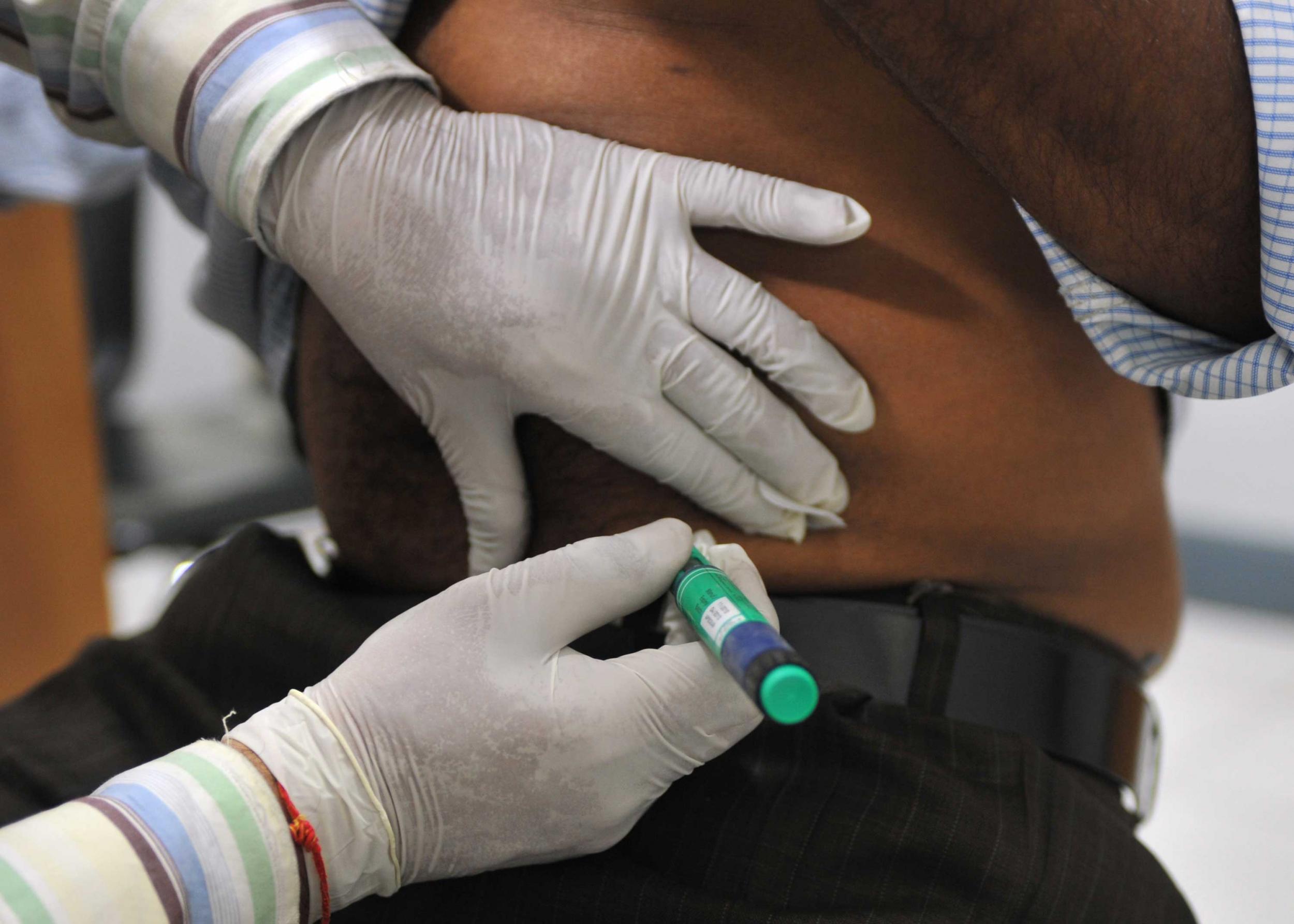'Seaweed capsule' could help diabetes patients live a needle-free life
New technique could be used to preserve pancreatic cells usually damaged by freezing

Your support helps us to tell the story
From reproductive rights to climate change to Big Tech, The Independent is on the ground when the story is developing. Whether it's investigating the financials of Elon Musk's pro-Trump PAC or producing our latest documentary, 'The A Word', which shines a light on the American women fighting for reproductive rights, we know how important it is to parse out the facts from the messaging.
At such a critical moment in US history, we need reporters on the ground. Your donation allows us to keep sending journalists to speak to both sides of the story.
The Independent is trusted by Americans across the entire political spectrum. And unlike many other quality news outlets, we choose not to lock Americans out of our reporting and analysis with paywalls. We believe quality journalism should be available to everyone, paid for by those who can afford it.
Your support makes all the difference.A capsule made from seaweed extract could spare type one diabetes patients from daily insulin injections.
Scientists have developed a novel capsule for preserving insulin-producing pancreatic cells which could be used in pancreatic islet transplantation, an effective but experimental diabetes treatment.
Using the technique pancreatic islets - clusters of insulin-producing cells from the pancreas - are injected into a recipient's liver.
Ahead of the operation the cells are kept frozen to preserve them, but the freezing process can damage the cells because it produces sharp ice crystals.
Now researchers from the Okinawa Institute of Technology and Science Graduate University (OIST) are suggesting using a hydrogel capsule made with alginate, a natural polymer extracted from seaweed, to avoid potential cell damage during freezing.
The capsule's structure includes non-freezable bound water which protects the cells from ice damage.
Further, the technique could reduce the risk of the transplanted tissue being rejected by the host as the capsule membrane prevents direct contact with the host's cells, while still allowing small molecules to pass across it.
The project is being led by Professor Amy Shen, and working in collaboration with the University of Washington and Wuhan University of Technology.
Join our commenting forum
Join thought-provoking conversations, follow other Independent readers and see their replies
Comments